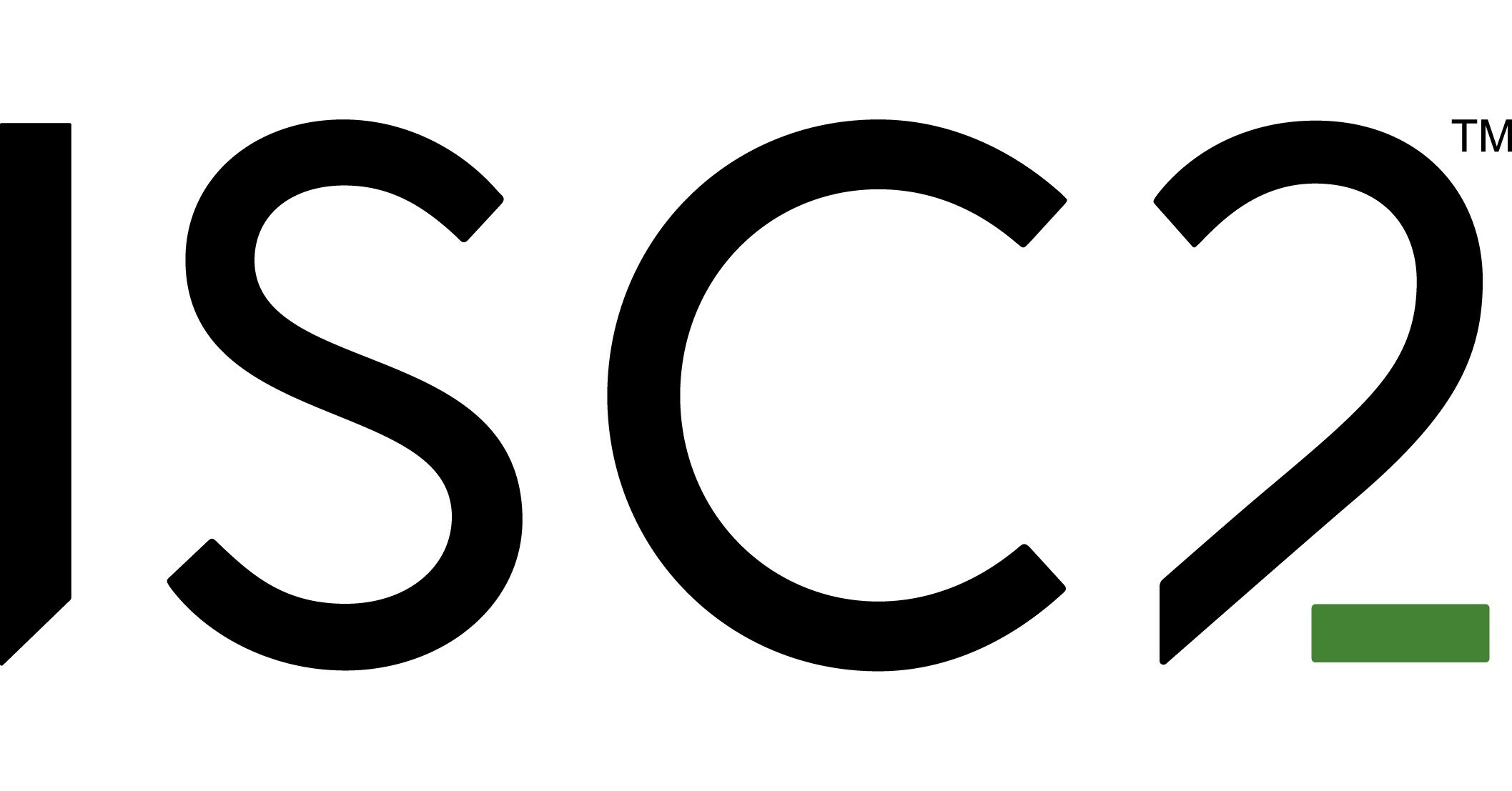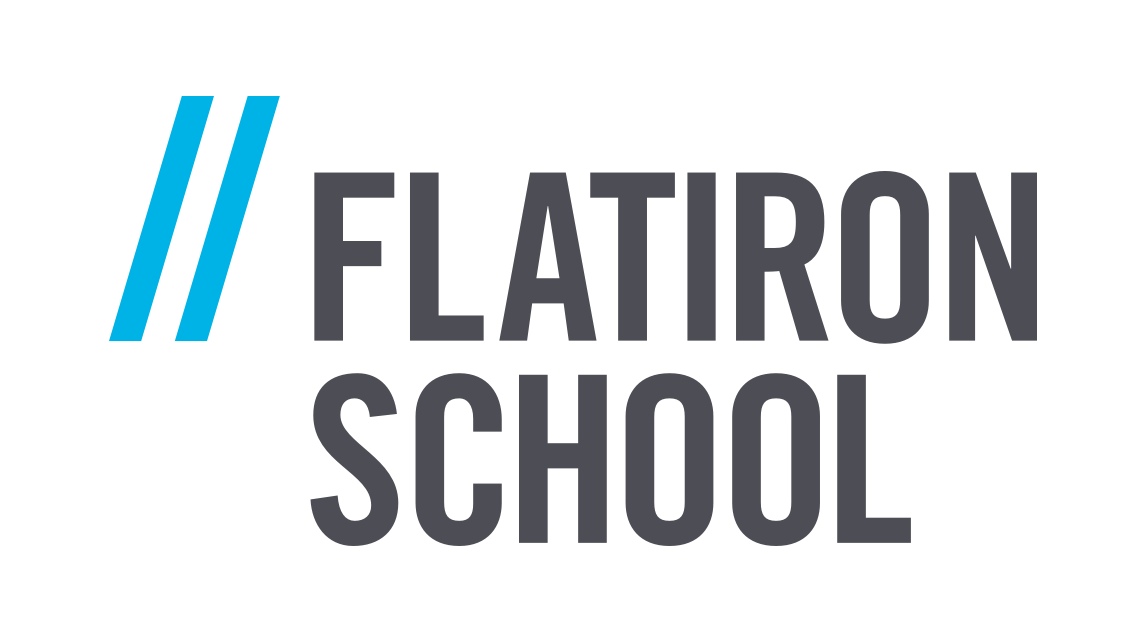- Home
- Cybersecurity, Stronger Together
- Explore
-
-
CYBERSECURITY
Cybersecurity qualifications unlock careers, prove expertise, drive innovation, and will shape the digital frontier in tomorrow’s AI-driven threat landscape.
Learn More
-
HOMELAND SECURITY
Homeland Security qualifications empower leaders, safeguard nations, advance resilience, and shape the next generation of defenders in an evolving global threatscape.
- Leadership and Management
- Emerging Technologies
- Medical Management & Prehospital Considerations
- Capstone
-
CPS PROGRAMS
George Washington University’s College of Professional Studies offers dynamic, career-ready courses in leadership, cybersecurity, CBRNE, technology, and public service—transforming professionals worldwide.
Learn More
-
REVU EXCLUSIVES
GW RevU’s growing number of exclusive courses offer a range of learning opportunities, from student success and introductory courses to cutting-edge courses about what is happening in the world now.
Learn More
-
-
-
- Cybersecurity
-
-
CYBERSECURITY
Welcome to CyberForge.
MISSION — GW RevU aims to be a prime resource for lifelong learners and employers offering interdisciplinary, career-focused credentials that support up-skill, reskilling, and society advancement.VISION — GW RevU envisions delivering innovative, flexible education that meets evolving workforce needs and to empower professionals with current, market- and needs-based skills.
Learn More
-
PARTNERS
-
Cybersecurity (Coming Soon)
-
CISSP (Coming Soon)
- Homeland Security
-
-
HOMELAND SECURITY
Chemical. Biological. Radiological. Nuclear. Explosive. WMDs. Asymmetric Threats.
The CBRNE-WMD credentials program is a robust training series designed to prepare early and developing professionals for the complexities of a dynamic and evolving threat environment. Three interdependent certificates that deal with policy, mitigation, and emerging threats will propel you towards an immersive capstone in Washington, D.C. and the next steps in your career protecting our nation.

-

CBRNE-WMD Leadership and Management
Gain strategic leadership skills to manage CBRNE-WMD incidents through legal frameworks, interagency coordination, and real-world case studies.
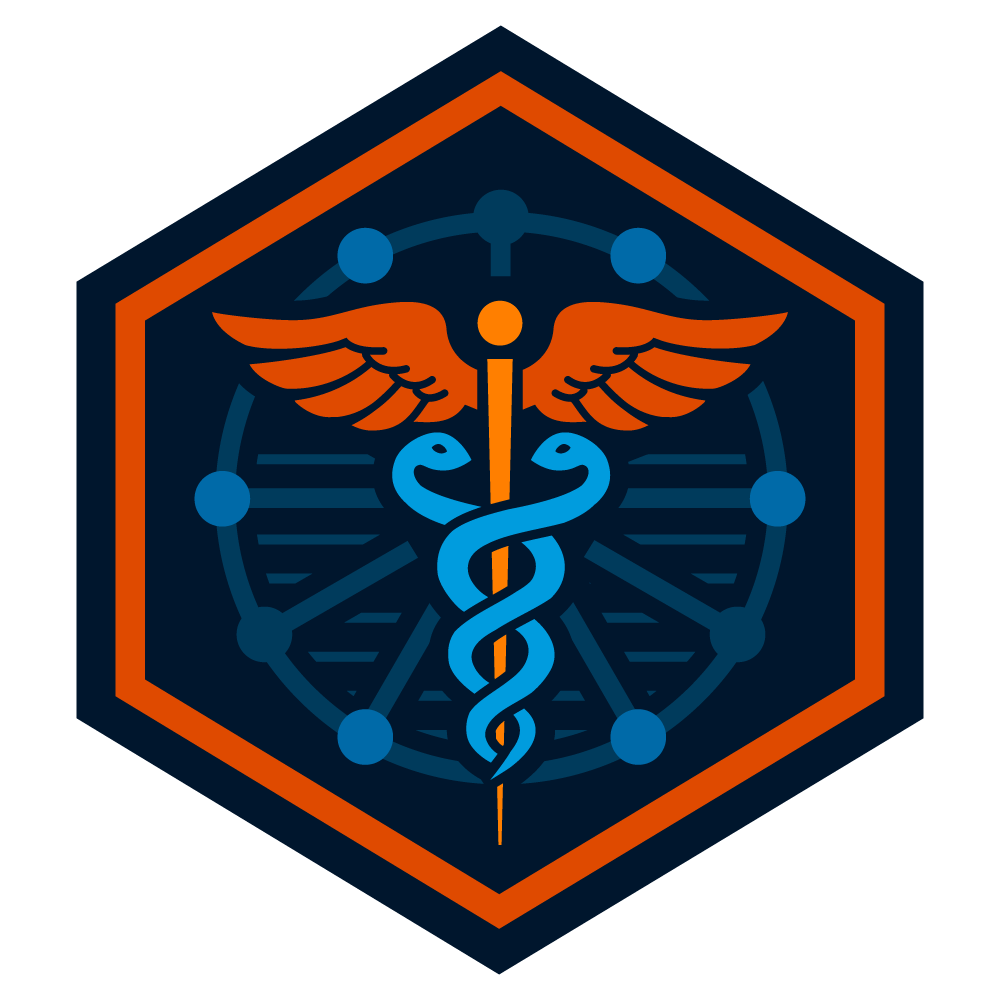
CBRNE-WMD Hospital and Pre-Hospital Management
Learn medical response skills for CBRNE-WMD incidents, including triage, decontamination, PPE, and early threat detection in mass casualty events.
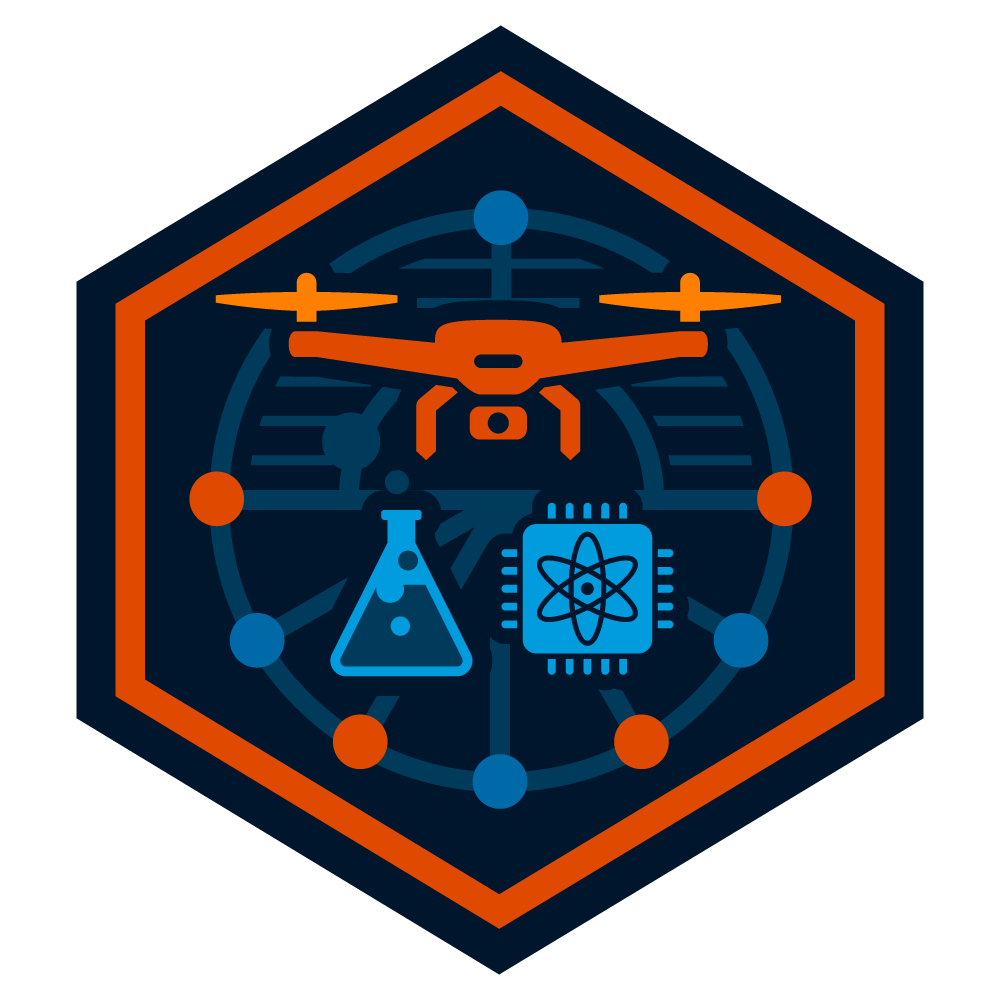
CBRNE-WMD Emerging Threats
Explore emerging CBRNE-WMD threats and technologies like AI and nanotech to enhance preparedness and response capabilities in complex environments.
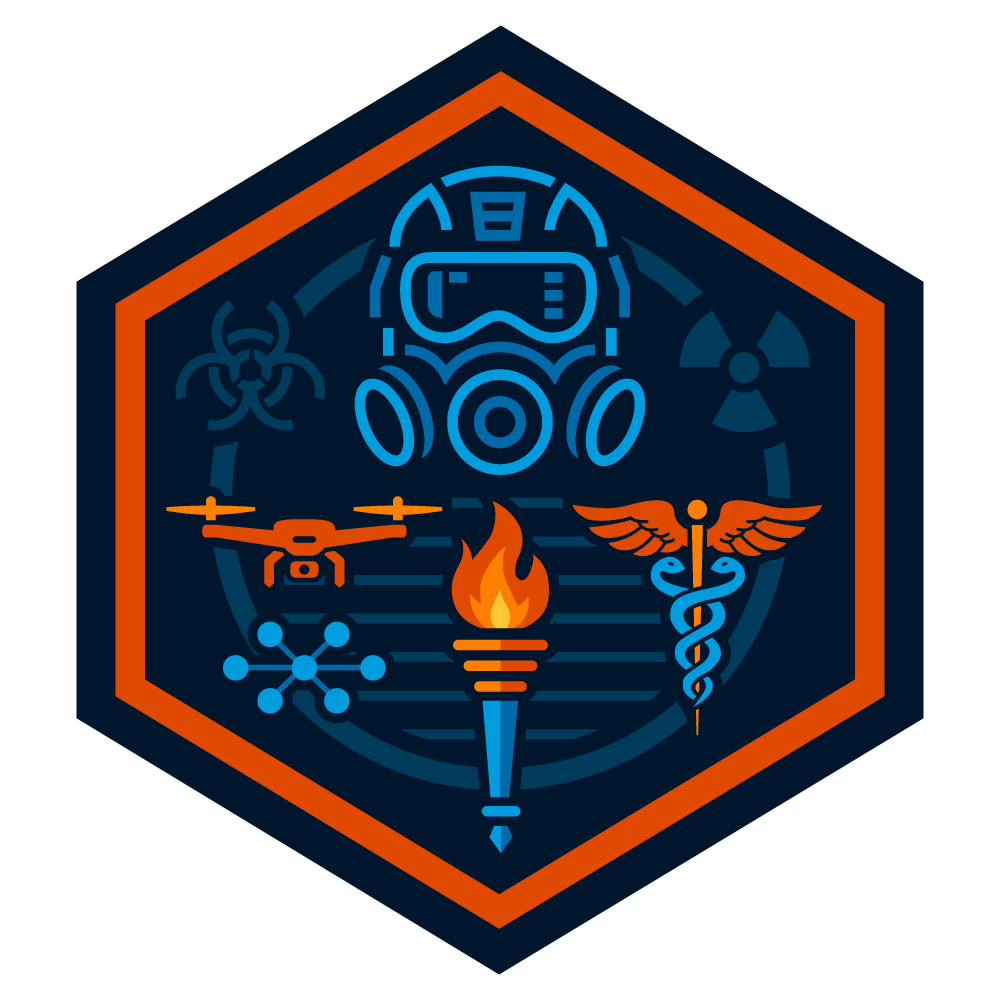
CBRNE-WMD Capstone Event, Washington, D.C.
Experience an immersive, high-intensity, and multi-modal exercise that reflects the dynamic asymmetric threats of the modern world. The Capstone Experience is an annual event that is available to students that have completed the other CBRNE-WMD credentials.
-
- Degree Programs
-
-
CPS Programs
GW’s CPS bachelor programs empower working professionals with flexible, real-world education—launching impactful, leadership-focused, globally-oriented careers.
Learn More
-
BACHELORS DEGREES
GW’s CPS bachelor programs empower working professionals with flexible, real-world education—launching impactful, leadership-focused, globally-oriented careers.
Learn More
-
POSTGRADUATE DEGREES
CPS’s postgraduate programs transformed experienced professionals into visionary leaders through immersive, real-world learning, powerful networks, and practical rigor across critical fields.
- Cybersecurity Strategy & Information Management
- Homeland Security
- Legislative Affairs
- Paralegal Studies
- Political Management
- Public Relations & Communications
- Publishing
- Sustainable Urban Planning
-
REVU EXCLUSIVES
GW RevU’s growing number of exclusive courses offer a range of learning opportunities, from student success and introductory courses to cutting-edge courses about what is happening in the world now.
Learn More
-
- About RevU
Medical Management and Prehospital Considerations – Cohort 1
Delve into the medical aspects of CBRNE-WMD incidents, from triage and patient management to medical countermeasures and decontamination procedures. This credential emphasizes the roles of pre-hospital and hospital responders in managing CBRNE casualties.
ABOUT THIS COURSE
This comprehensive course provides medical professionals and emergency responders with the knowledge and skills necessary for effective response to CBRNE-WMD (Chemical, Biological, Radiological, Nuclear, and Explosive–Weapons of Mass Destruction) incidents. It begins with an overview of threat classifications, mass casualty dynamics, and the critical roles of both pre-hospital and hospital-based interventions. Subsequent modules focus on clinical assessment, diagnosis, and treatment of injuries and illnesses caused by high-yield explosives, radiological and nuclear exposures, chemical agents, and biological threats, emphasizing PPE usage, decontamination procedures, and responder safety. The course also introduces triage systems such as SALT and START and concludes by connecting learners with key federal, state, and local preparedness resources, including the Strategic National Stockpile, Chempack, Medical Reserve Corps, and intelligence coordination centers to enhance integrated CBRNE medical response.
COURSE REQUIREMENTS
To be eligible for the GW RevU Micro-Credential Program, applicants must meet the following minimum requirements:
- Academic and Professional Standing: Applicants must be in good professional standing and have been actively working in their field of study or service for at least two years.
- Professional Background: Candidates with relevant experience in fields such as healthcare, public health, emergency management, law enforcement, security, engineering, environmental sciences, elected officials, telecommunications, or any other discipline associated with private sector or governmental roles in CBRNE (Chemical, Biological, Radiological, Nuclear, and Explosive) threat detection, mitigation, or consequence management are eligible for consideration.
- Submission of Documents: Each applicant is required to submit a current resume outlining their professional experience. Additionally, a letter of endorsement from a supervisor or someone in their chain of command is mandatory to verify their qualifications and support their participation in the program.
COURSE SYLLABUS
Module 1: Introduction to CBRNE-WMD Medical Response
- Classifications of CBRNE threats
- Characteristics of CBRNE-WMD mass casualty incidents
- Roles of pre-hospital and hospital intervention in saving lives in CBRNE-WMD incidents
- PPE and contamination issues
- Responder / Receiver safety in CBRNE attacks
- Secondary devices on-scene and at nearby HCFs
Module 2: High-yield Explosive Incidents
- Patient assessment (blast injuries) and Hx
- S/Sx
- Triage and prioritization
- Dx
- Tx
Module 3: Radiological Agents & Nuclear Incidents
- Material and radiation types/exposures, post-blast characteristics
- Agent type, characteristics, and pathophysiology
- PPE considerations
- Contamination transfer and exposure pathway considerations
- Patient decon considerations in the field at at HCFs
- Decontamination wasted disposal at HCF
- Patient assessment and Hx; S/Sx; Triage and Prioritization; Dx, MCM and Tx
- Specific preparedness and response resources for pre-hospital and medical personnel
Module 4: Chemical Agents
- Agent type, characteristics, and pathophysiology
- PPE considerations
- Contamination transfer and exposure pathway considerations
- Patient decon considerations in the field at at HCFs
- Decontamination wasted disposal at HCF
- Patient assessment and Hx; S/Sx; Triage and Prioritization; Dx, MCM and Tx
- Specific preparedness and response resources for pre-hospital and medical personnel
Module 5-6: Biological Agents, Part I and II
- Replicating agent type, characteristics, and pathophysiology
- PPE considerations
- Contamination transfer/fomites, reaerosolization potential, and communicability considerations
- Patient decon and infection prevention considerations in the field at at HCFs
- Patient assessment and Hx; S/Sx; Triage and Prioritization; Dx, MCM and Tx
- Crim-epi considerations and local contacts
- Specific preparedness and response resources for pre-hospital and medical personnel
Module 7: Introduction to SALT Mass Casualty Triage Algorithm & START System
Module 8: Engaging and Leveraging Accessible Resources, Programs, and Organizations
- Public Health / Public Health Emergency Preparedness (PHEP)
- National Disaster Medical System
- Hospital Preparedness Program
- Strategic National Stockpile and local MCM caches
- Chempack
- Medical Reserve Corps
- Disaster Behavioral Health
- Intelligence Fusion Centers (medical liaisons)
- FBI field offices (WMD coordinators)
- DHS Office of Health Security Regional Medical Offices
- ASPR Regional Emergency Coordinators
- Current CBRNE programs and resources for first responders and receivers
RELATED COURSES
Come Explore What GW RevU Can Offer You

Leadership and Management of CBRNE-WMD Organization and Teams (Cohort 3)
Offering Partner: CBRNE
Modalities Available: Online

Leadership and Management of CBRNE-WMD Organizations and Teams-Cohort 1
Offering Partner: CBRNE
Modalities Available: Online

Leadership and Management of CBRNE-WMD Organizations and Teams-Cohort 2
Offering Partner: CBRNE
Modalities Available: Online
Thank you for your interest in the George Washington University’s College of Professional Studies. Please fill out the request for information form below, and we will be in touch shortly.
Loading…Request Information

Georgie
This AI chatbot provides automated responses, which may not always be accurate. By continuing with this conversation, you agree that the contents of this chat session may be transcribed and retained. You also consent that this chat session and your interactions, including cookie usage, are subject to our privacy policy.
-
-
-

